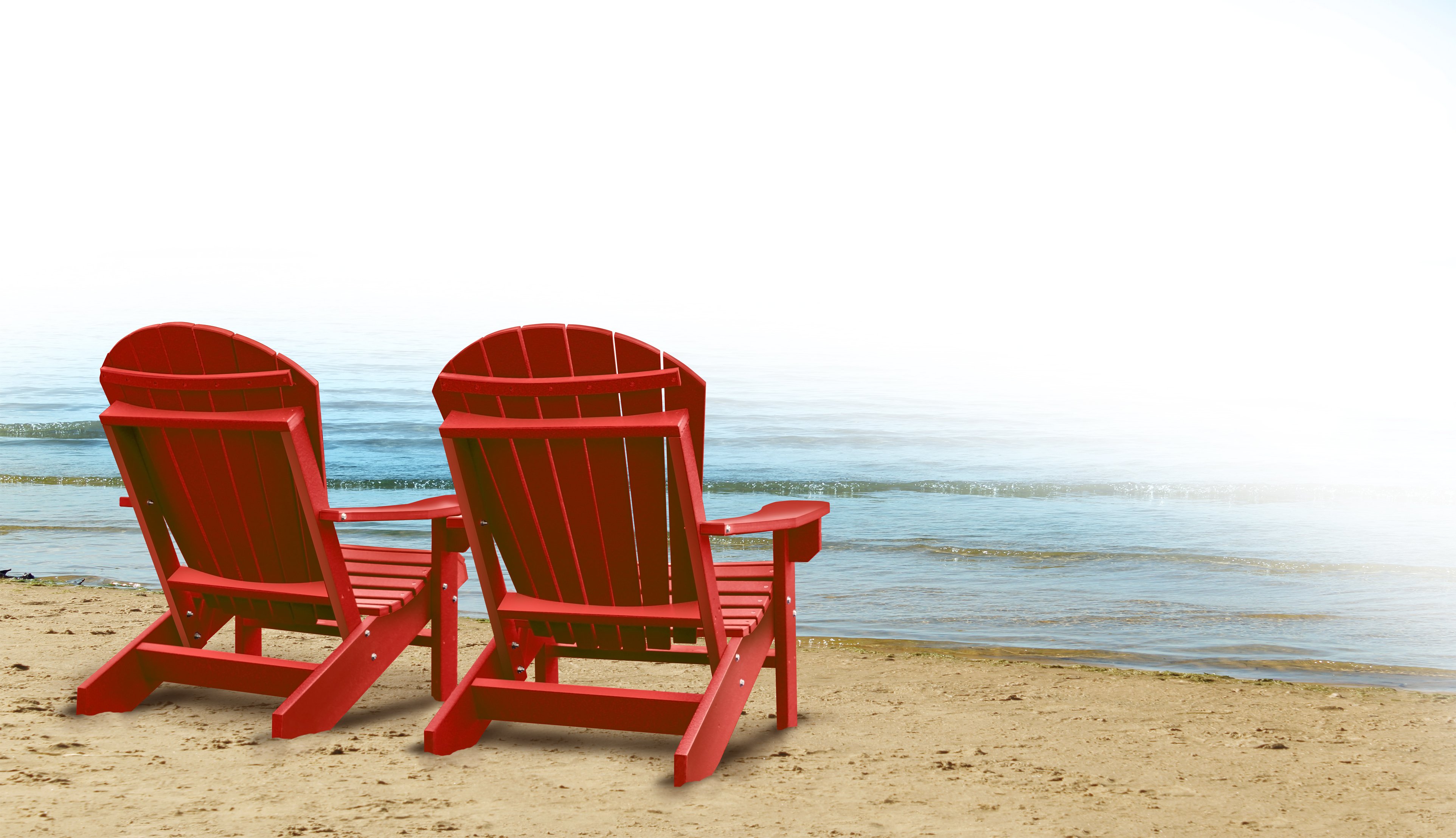
A Delaware Wave reader writes that he and his wife recently retired to a beautiful waterfront area near the beach. But in spite of that, he is not happy. It doesn’t have to do with anything specific; things are fine with his wife and his home. They are making new friends and exploring the area, but he can’t get rid of his general malaise of anxiety and sadness. He restates that he and his wife looked forward to retiring from their busy and successful careers, but now that it’s a reality he is having trouble making himself feel happy, though he is well aware that he should be happy at this point in his life.
Dear Reader, from what you wrote, it sounds like you don’t know what’s causing your anxiety and sadness. You might need a professional to help coax this out of your subconscious mind. But perhaps I can get things started. The first step is to identify your exact emotions. Emotions are nothing more than thoughts that pop up automatically in response to your values and beliefs. So ask yourself, “What would my emotions say, if they could talk?”
I’m only guessing here, but those emotions might suggest that you’re feeling a lack of purpose. You described your career back home as busy and successful; could it be that you’re simply lacking a clear-cut, specific set of reasons for getting up in the morning? This happens quite a bit when people retire early. If you think about it, who says we’re supposed to retire? It’s a concept that we take as self-evident, but if you stand back and look at it, it’s nothing more than an arbitrary number contrived by the government. And it’s at odds with the basic human need to have a sense of fulfillment to make it through the day.
Faulty retirement thinking is based on the premise, “The ideal is to do nothing.” But when one finds that he or she is in fact doing nothing, a person can often end up feeling exactly as you describe.
If you disliked your job or career, retirement can be a pleasant experience. A similar situation exists if you liked your job, but just had enough of it. It’s perfectly fine to move on – but to what? Taking the sole step of getting away from something still doesn’t tell you what your new purpose will be. No longer having one purpose is not the same as identifying what your new purpose can or should be. Just surviving comfortably is not enough. Whether it’s a job, a career, a cause or a hobby, you obviously need more than just the nice house and nice friends. In a sense, they’re just the side dishes, not the main course. What’s the main course? It sounds to me like you haven’t decided that yet. So your anxious and sad emotions are telling you, “Hey, get on with it.”
Again, all I have to go on is your email, so this is only a guess, but it’s an educated guess. I can’t overstate how often I see this happening to retired people. Sometimes they don’t fully think out their plans. For years they’ve assumed that once they retire and move to the beach that life will be bliss. But when that time arrives, that cherished belief ultimately clashes with the reality of simply having nothing constructive to do. The next step is anxiety, sadness or even depression. I see it every day.
Find something you enjoy – maybe something you’ve never done before, and pursue it. It can be anything from volunteering at a hospital to starting an Internet business. Whatever you do, your sadness is entirely fixable. I suggest finding a skilled cognitive therapist who can help align your old beliefs with your new circumstances. That will be the first step toward being as happy as you were before you retired.
Be sure to “friend” Dr. Hurd on Facebook. Search under “Michael Hurd” (Rehoboth Beach DE). Get up-to-the-minute postings, recommended articles and links, and engage in back-and-forth discussion with Dr. Hurd on topics of interest. Also follow Dr. Hurd on Twitter at @MichaelJHurd1
